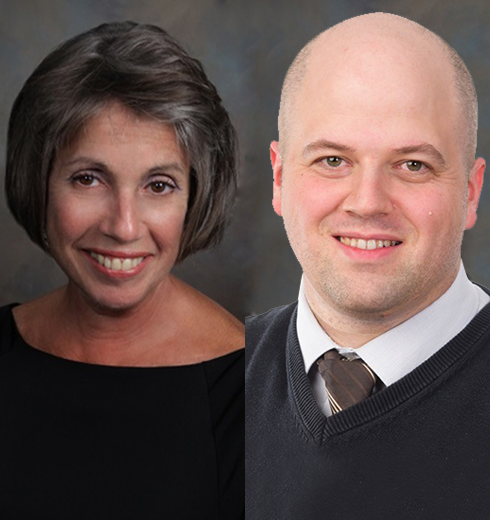
Chapters International connects educators with world-renowned experts to provide meaningful, practice-based training that transforms teaching and inspires better learning outcomes across classrooms globally.


Evidence with Inquiry: Exploring, Questioning, and Documenting with Learning Walls
How do we curate spaces to cultivate curiosity yet showcase the messiness of learning?
 April 11th & 12th, 2026
April 11th & 12th, 2026 Shanghai American School
Shanghai American School USD 750 Early Bird Offer Till 1st December 2025
USD 750 Early Bird Offer Till 1st December 2025

Building Learning Competency in the Inquiry Classroom: Assets for Life!
In the inquiry classroom, we aim to nurture learners who see themselves as capable, curious, resourceful individuals with a strong sense of agency.
 May 1st & 2nd, 2026
May 1st & 2nd, 2026 Misk Schools
Misk Schools USD 750 Early Bird offer Till 31st December 2025
USD 750 Early Bird offer Till 31st December 2025

Teaching Learners with English as an Additional Language
Teachers in today’s classrooms are increasingly working with students who are learning through English as an Additional Language (EAL).
 November 7th & 8th, 2026
November 7th & 8th, 2026 Hong Kong Academy
Hong Kong Academy USD 700 Early Bird Offer Till 1st April 2026
USD 700 Early Bird Offer Till 1st April 2026

The Asian Intensive Instructional Coaching Institute
The Intensive Instructional Coaching Institute is a comprehensive foundational course that gives coaches and administrators everything they need to know to become successful coaching partners.
 April 21st - 25th, 2027
April 21st - 25th, 2027 Dubai
Dubai USD 1995 Closing Date 15th April 2027
USD 1995 Closing Date 15th April 2027

Artificial Intelligence: How it will-and won’t-change Education
What every teacher needs to know about artificial intelligence.
 March 3rd, 5th, 17th, 19th & 31st, 2026
March 3rd, 5th, 17th, 19th & 31st, 2026 USD 600 Closing Date 1st March 2026
USD 600 Closing Date 1st March 2026

Practical Punctuation: Teaching Writing Conventions So They Stick
Even the most successful writing workshops are often inconsistent in their teaching of punctuation.
 March 5th & 12th, 2026
March 5th & 12th, 2026 USD 275 Closing Date 1st March 2026
USD 275 Closing Date 1st March 2026

Mathematising with Meaning: Playful Paths to Mathematical Inquiry for Young Learners
Learning mathematics for 3-6 year olds can often be reduced to worksheets, cute activities and rote learning.
 March 14th, 21st, 28th & April 11th, 2026
March 14th, 21st, 28th & April 11th, 2026 USD 400
USD 400

Leading a Sustainable Multilingual Ecosystem
These two sessions provide a framework for leadership in multilingual international schools, guiding all school leaders in developing the skills necessary for transformative leadership within a multilingual school ecology.
 October 14th & 21st, 2026
October 14th & 21st, 2026 USD 400
USD 400
Stay inspired - get the latest workshops, expert tips, and educator resources delivered straight to your inbox.